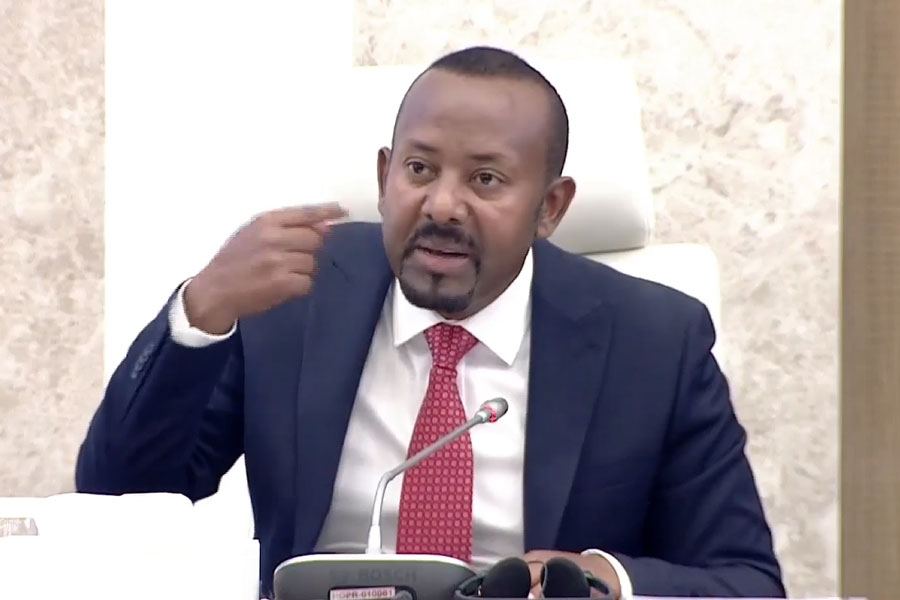
MIDROC Plc has settled a 1.5-billion-Br overdue payment it owes the government for the acquisition of two farms. Horizon Plantations, the specialised arm of MIDROC conglomerate, bought Limmu Coffee Farm and Upper Awash Agro-Industry Enterprise seven years ago but failed to pay on time.
Two weeks ago, the company cleared the outstanding amount after the Public Enterprises Holding & Administration Agency waived the interest and penalties for late payments. The letter was dispatched in May after the Council of Ministers decided to give interest and fine relief for companies that bought state-owned enterprises if they fully paid the principal before September 26, 2020.
Taking the offer, Horizon paid the 968 million Br and 559 million Br principals for Limmu Coffee and Upper Awash Agro-Industry Enterprise, respectively. The Agency wrote off MIDROC's debt, 900 million Br, which comes from accrued fines and interest over seven years.
“The relief was aimed at supporting companies that are affected by the Novel Coronavirus (COVID-19) fallout,” Beyene G. Mesqel, head of the Agency, told Fortune.
Horizon bought Limmu and Bebeqa Coffee Estate for 1.5 billion Br in 2013 from the former Privatisation & Public Enterprises Supervising Agency and took over the company meeting the 35pc instalment payment. It signed a five-year commitment to finalise payments for the remaining amount. However, the two parties became embroiled in a court wrangling after Horizon failed to pay the first year’s payables, amounting to 376 million Br with interest. Even after the court ordered Horizon to pay the value, the full payment was outstanding until the recent announcement.
"It's a big relief for us," said Yibelta Shimeles, director of planning and business development at Horizon Plantation. "The annual compounded interest rate along with penalties had reached up to 400,000 Br payable a day."
Established in 2009, Horizon took over six former state-owned enterprises, of which three are coffee plantations, two are agro-processing companies and one is a tyre manufacturing plant.
Limmu Coffee, which lies near Jimma about 350Km west of the capital, covers a total area of 12,114ha, of which nearly 8,000ha is covered with coffee. Established over four decades ago, the farm was nationalised during the Dergueregime and was under the management of Coffee Plantation Development Enterprise.
Limmu Coffee, which has more than 4,000 permanent and 6,000 seasonal workers, is divided into six farms, namely Gomma-I, Gomma-II, Kossa, Suntu, Gummer and Cheleleki, collectively supplying over 5,000tn of coffee to the global market.
When the company received the farms there were too many problems that required too large of an investment to be addressed, according to Yibeltal, who added that they also faced a huge challenge due to the political unrest that engulfed the area.
"The area didn't have sufficient and suitable infrastructure," said Yibelital. "There were also so many agronomical practices we did to boost the productivity of the farm. We could go nowhere if we started paying out debt before we ensure the farm's business sustainability."
In the same year Horizon acquired Limmu, it bought Upper Awash Agro-Industry for 860 million Br, paying 35pc of the value upfront, while the rest remained outstanding. Unlike Limmu Coffee, Horizon paid 417 million Br over the past seven years.
Located on the upper course of the Awash River in Oromia Regional State, Upper Awash Agro-Industry Enterprise produces oranges, mandarins and tropical fruits like mango and papaya. It also produces tomato paste, tomato juice, orange marmalade and guava nectar. The farm covers 5,000ha, of which 4,200ha is arable.
The company was established in a joint venture by local and foreign investors before it was nationalised in 1975. It then was organised as four different state farms under the Nura-Era Agricultural Development Enterprise, which in turn were directly supervised by the then Horticultural Corporation of Ministry of State Farms.
In 1993, it was re-established with its current name as a public enterprise with four farms and one processing plant. It was given the mandate to administer Nura-Era, Merti-Jeju, Awara-Melka and Tibila farms with Merti Fruit & Vegetable Processing Plant. In 2007, Awara-Melka and Tibila farms were transferred to other companies. It currently operates with 900 permanent and 6,000 daily labourers.
"We were committed to paying the outstanding payment," said Yibeltal. "However, we were uncertain due to land ownership issues that arose in the area, which are still pending. We now even paid the value hoping that it'll be addressed since the regional and federal governments have intervened in the case."
Along with MIDROC five more companies received interest and penalty relief and settled delayed payments totaling 1.8 billion Br. Awassa Flour Mills S.C. has paid 23 million Br, while Ethiopian Marble Processing Enterprise settled 26.5 million Br. Oromia Agricultural Cooperative Federation, which acquired Asella Malt Factory for 1.3 billion Br two years back, has cleared its 227 million Br in debt.
"With the latest initiative, 60pc of the Agency's due payments were settled," said Wondafrash Assefa, communications director at the Agency, which had 3.7 billion Br in receivables from the already privatised companies. "We left with 1.2 billion Br."
Alemayehu Geda (Prof.), a macroeconomist and a university lecturer at Addis Abeba University, says that the companies should have been made to pay an inflation-adjusted amount of their debt. This is because the value of money has been depreciating over the past couple of years since the inflationary pressure achieved a double-digit rate, according to him.
Over the past 15 years, headline inflation has been growing at an average yearly rate of 15.5pc, according to official government data.
"The government has lost a huge sum of money due to this," he said.
Alemayehu also disagrees with the decision of the government to waive the interest and fines for the years before COVID-19 was reported in the country.
"The relief should only cover the period after the pandemic arrived," he told Fortune.
PUBLISHED ON
[ VOL
, NO
]

Radar | Jan 25,2020
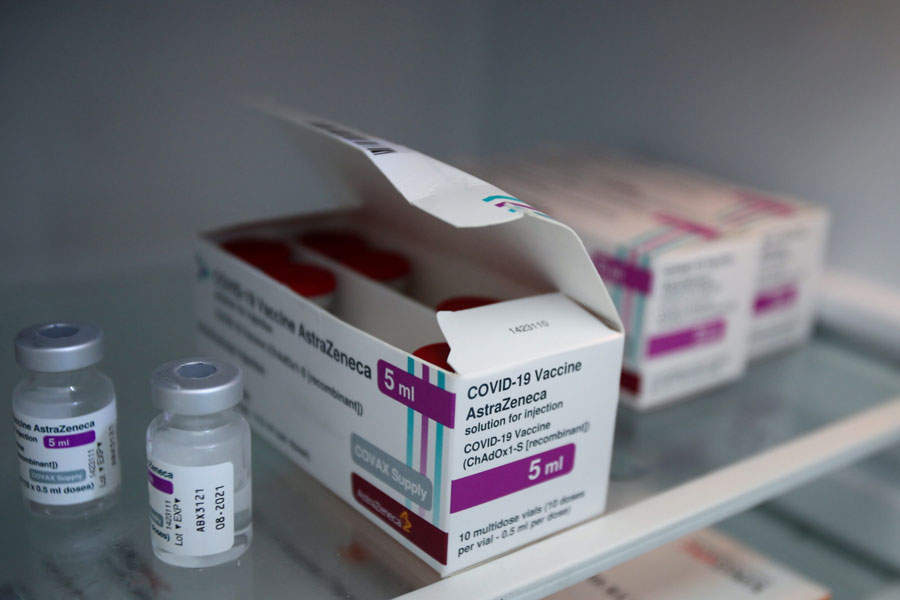
Fortune News | Feb 19,2022
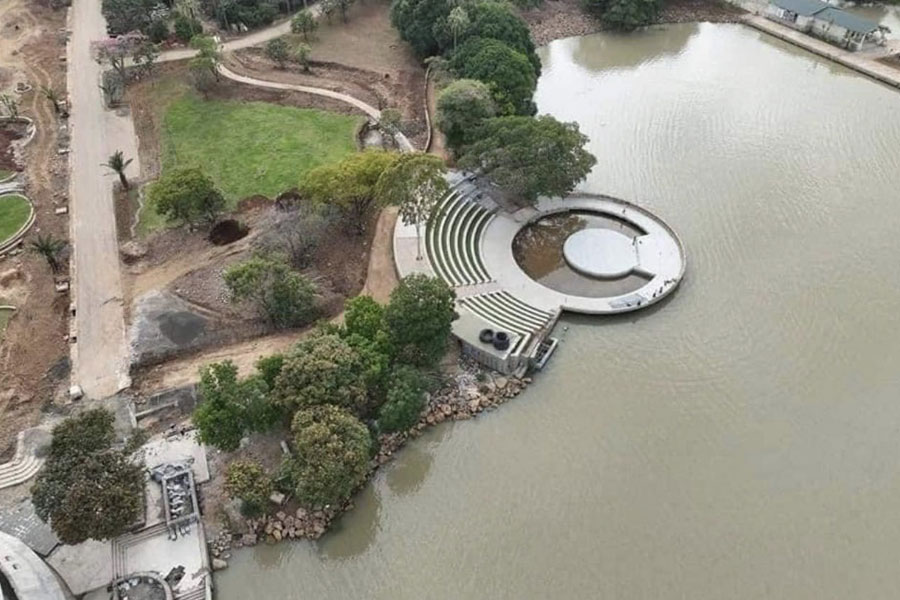
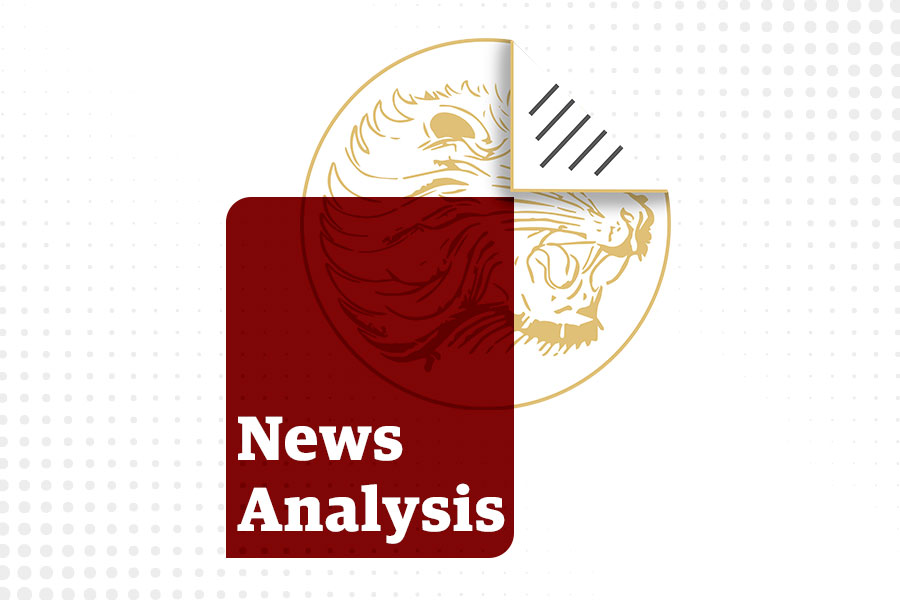
News Analysis | Nov 20,2021

Fortune News | Mar 12,2020
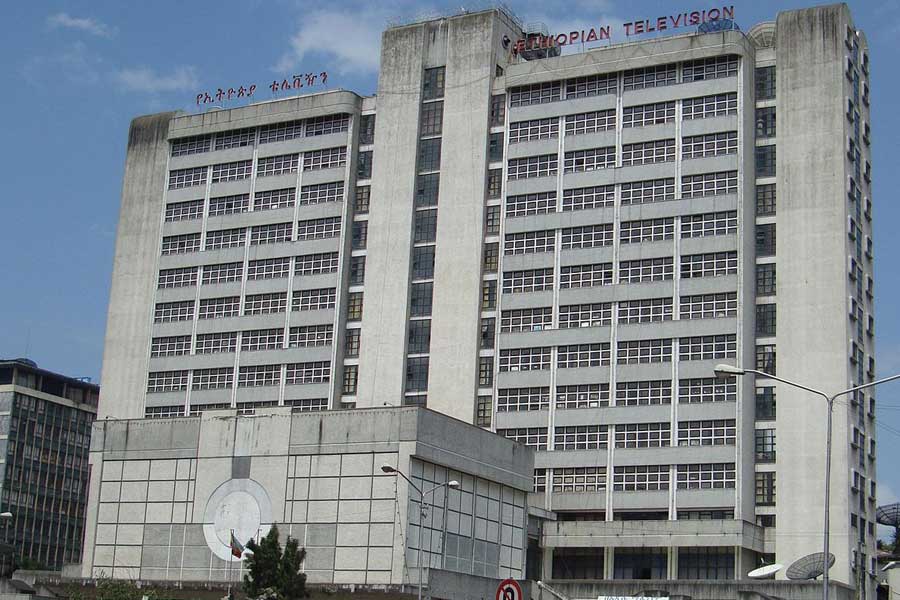
Fortune News | May 23,2020

Radar | Jan 31,2021

Radar | Jan 11,2020

Radar | Feb 29,2020

Fortune News | Jan 07,2022

Dec 22 , 2024 . By TIZITA SHEWAFERAW
Charged with transforming colossal state-owned enterprises into modern and competitiv...

Aug 18 , 2024 . By AKSAH ITALO
Although predictable Yonas Zerihun's job in the ride-hailing service is not immune to...

Jul 28 , 2024 . By TIZITA SHEWAFERAW
Unhabitual, perhaps too many, Samuel Gebreyohannes, 38, used to occasionally enjoy a couple of beers at breakfast. However, he recently swit...

Jul 13 , 2024 . By AKSAH ITALO
Investors who rely on tractors, trucks, and field vehicles for commuting, transporting commodities, and f...

Oct 25 , 2025
The regulatory machinery is on overdrive. In only two years, no fewer than 35 new pro...

Oct 18 , 2025
The political establishment, notably the ruling party and its top brass, has become p...

Oct 11 , 2025
Ladislas Farago, a roving Associated Press (AP) correspondent, arrived in Ethiopia in...

Oct 4 , 2025
Eyob Tekalegn (PhD) had been in the Governor's chair for only weeks when, on Septembe...